My Response To The Panel of Professional Print Writers at the Wine Bloggers Conference
Jul 15, 2014, Updated Nov 21, 2023
Is it okay to describe a wine as “perfect”? I think so. And many up and coming wine writers think so to.
I was particularly eager to hear what the “pros” had to say on day two of the 7th Annual Wine Bloggers Conference, in a session titled: Panel of Professional Print Wine Writers. The professionals on the panel included writers James Conaway, Mike Dunne, and Steve Heimoff.
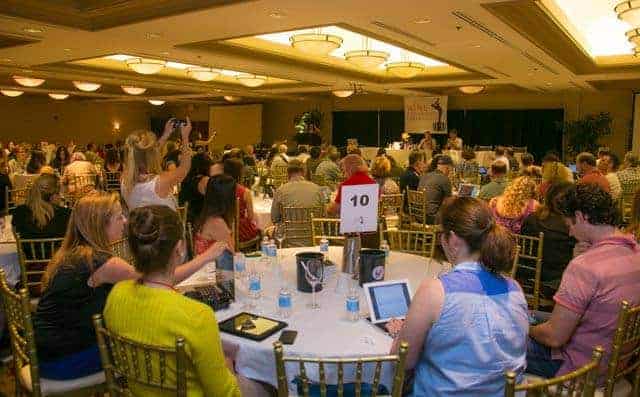
(Photo courtesy of George Rose Photography. Used with permission.)
But five minutes into the Q&A portion of the panel I started to feel discouraged.
First of all, I couldn’t help but notice the complete lack of diversity when assessing the panel members. Though the panel was moderated by an awesome woman, the actual panel consisted of just three older, white, men who are traditional print journalists…. Okay. But, they were speaking to an audience of wine bloggers. Many of whom were women. Many were younger. And several of whom were not Caucasian.
They discussed how they got into wine writing, how much print writers make these days, and began to give advice in a Q&A format.
And that is where they started to frustrate me. It quickly became apparent to me that they were missing the boat on addressing this particular audience – an audience of wine bloggers. Some bloggers follow traditional journalism standards, but many don’t. Additionally they demonstrated a fundamental lack of understanding of the way many blogs are successful.
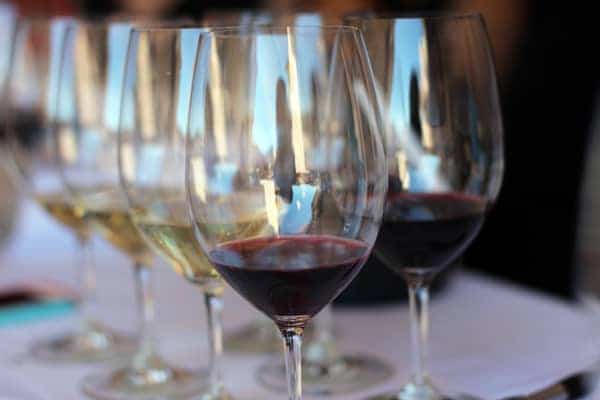
Using Media Formats
When asked about the use (or overuse) of photos and imagery in a blog post, they fumbled to a response, missing entirely the grasp on the power of imagery in online media. “Art Directors are in charge of photos,” they claimed, and aren’t all that important anyways.
Um, no. I’m pretty sure this famous food blogger would argue otherwise about the importance of imagery to tell a story.
It wasn’t until they collectively expressed their pet peeves in wine blogging –the “to do” and “not to do” in wine writing advice– that I stared to feel exasperated. For instance, the using terms like “perfect” to describe a wine (as in “perfect steak wine”) was universally disapproved of and joked about as if it were some kind of insider “pro” thing to turn their nose on people who use those terms.
Because, of course there’s one, and only one way to properly write about wine. And get paid for it.
The Truth – Wine Is Partly Subjective
I can’t begin to tell you how many people I encounter (friends, family, readers, folks in classes I teach, even strangers!) who are indeed looking for a “perfect” [fill in the blank] wine.
No, they’re not looking for a wine that exhibits dense loamy earth, with an essence of eucalyptus, cassis, mint, and tobacco leaf, aged 18 months in new French oak barrels with chewy tannins.
They want an inexpensive and refreshing wine appropriate to serve at their backyard BBQ or summer picnic, or a special wine good enough to bring to dinner with their future in-laws. And sometimes, it would be helpful if the wine was indeed “delicious” or “yummy.”
Many don’t want to search too far and wide for this “perfect” wine, nor be treated like an idiot in a stuffy wine store for not knowing exactly what they like or want. They may not care about points, but they also don’t want to spend too much on a wine.
Sure, sometimes they will indeed splurge on a $20+ bottle of wine. But for the most part, many people just want something that tastes good, doesn’t cost a lot, something they don’t really have to think about, and can confidently serve to friends without stressing.

But, according to the “professionals” at the conference, we should refrain from that style of writing, for it isn’t true journalism.
Strive To Be Helpful
I just want those panelists to know that not all of us who blog are out to be journalists. Some of us just simply wish to be helpful to real people who buy real wine and have real needs (like finding a $10 wine to bring to a tailgating party). Yes, there are people out there who are looking for that “perfect” wine!
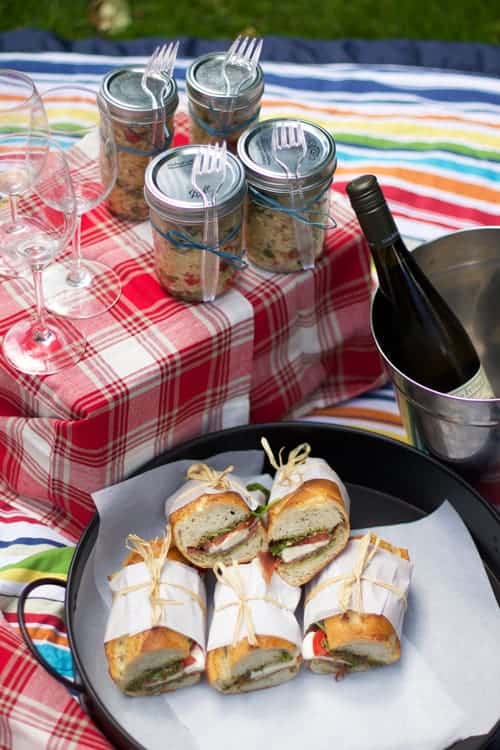
I freelance for a variety of publications, both print and online. Some wine related, some not. I have a different tone depending on my particular audience and publication I’m writing for. I LOVE it when I have an editor. But for my blog, I don’t have one (well, unless you count my husband who often proofreads my work. He does love to call me out on my excessive use of exclamation points!! But normally he’s just as exhausted as I am to catch my improper comma placements).
My Point of View
For my blog, I think it’s absolutely okay (and often encouraged) to describe a wine as the “perfect” poolside sipper, porch pounder, party wine, gardening wine, or post-marathon wine. And as a consumer (because yes, I also buy a lot of wine with my own cash money), I actually appreciate the terms “delicious”, “refreshing”, and sometimes even “yummy”.
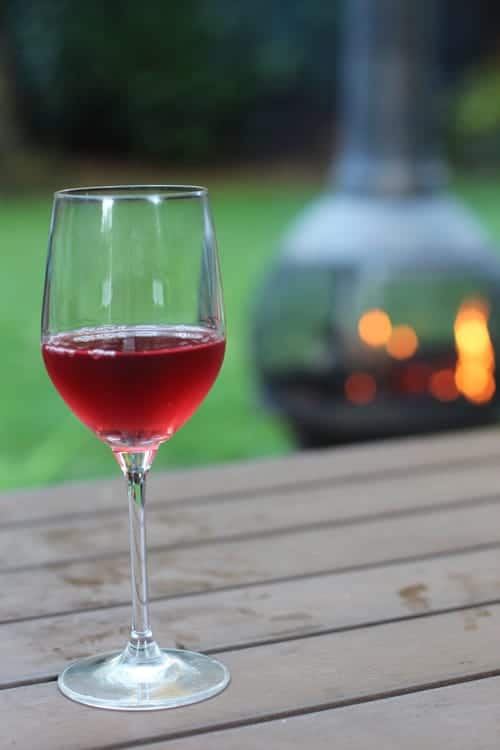
I get where you’re coming from James, Mike, and Steve. I do. You’re coming from an old-school print journalism standard, and I do respect that. But not everyone strives to be that kind of writer.
Reading the Room – The Future of People First Content
I think it may have been more helpful, to the audience at a wine BLOGGERS conference, to have had a few different perspectives and voices on that panel. Perhaps a panelist who understood the word of blogs and blogging, like a professional blogger (though not necessarily “wine” blogger). I just think multiple perspectives, including the three panelists, would have led to a richer discussion.
Jjust for comparison, my favorite food blogger excessively uses the term “you guys” to refer to her readers, and “yum”, “best ever”, even “OMG”, to describe her food. And she’s very popular. And very successful. In fact, she made over $31,000 in one month alone. So, there’s that.
So, while I didn’t speak up during the panel discussion (and instead sat there in silence and frustration without standing up and expressing my true feelings), I do get paid to write about wine — both in print, and online, and I feel very blessed to have a career doing something I LOVE doing.
I also write my own blog. And I just want anyone in that room who may have been discouraged by that panel to know that, yes, you can be yourself, and use slang terms, and descriptors like “perfect” and “delicious” in your BLOG posts.
Because at the end of the day, it’s a blog. And it’s YOUR blog. You are the editor and you get to make those decisions. And when you do get the (sometimes awesome) experience of working with an editor for a print or online publication, she or he will be the one to determine if those terms get edited out of the article in order to fit that publication’s specific audience.
Write For Your Audience
But if it works for YOUR audience, for your blog, then, by all means, go with it!

Looking for the perfect wine for that moment when you discover your kids just filled the pool with mud and decided to start mud wrestling in it? I was.
I simply believe the organizers missed an opportunity to add diversity to the panel. Not just diversity of gender, and social and economic background. But also diversity of writing styles and examples of what can be successful in this day and age.
And I’m now off to go find the perfect wine to drink with the turkey burgers I’m grilling up for dinner tonight.
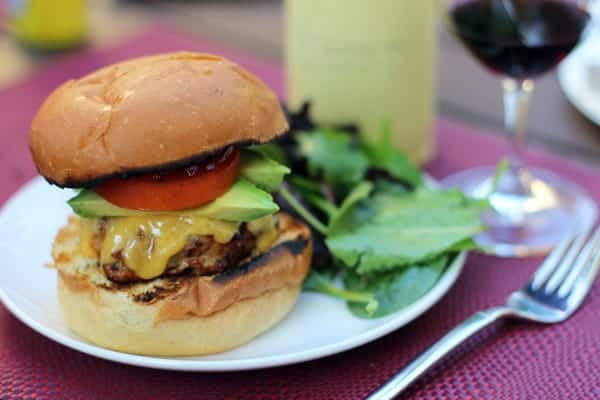
Is there such thing as the “perfect burger wine”?
About Vindulge
Mary (a certified sommelier and recipe developer) and Sean (backyard pitmaster) are co-authors of the critically acclaimed cookbook, Fire + Wine, and have been creating content for the IACP nominated website Vindulge since 2009. They live in Oregon on a farm just outside Portland.
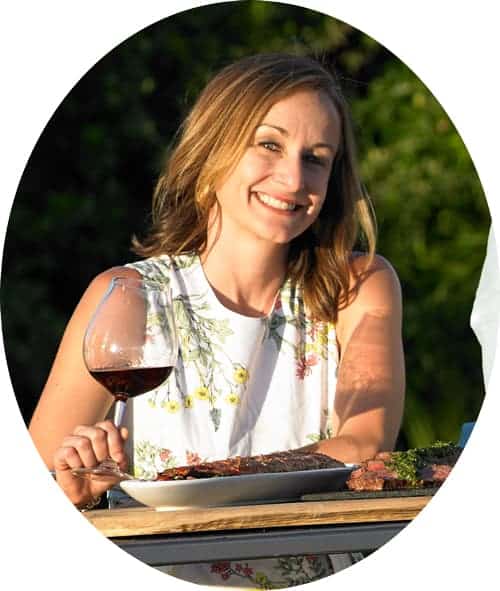
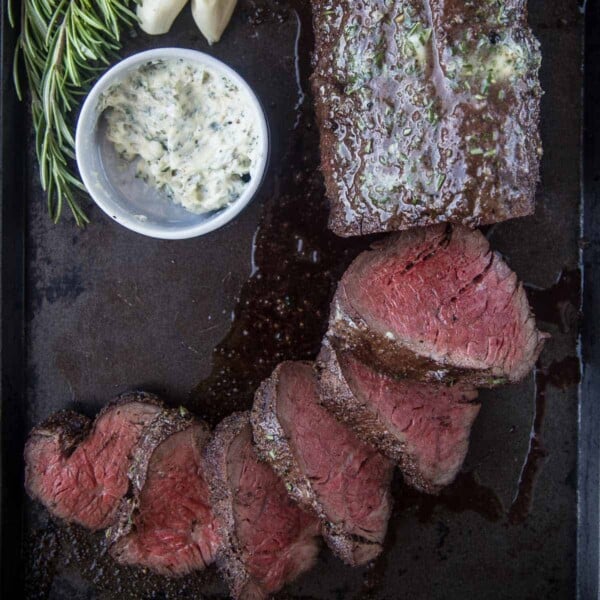
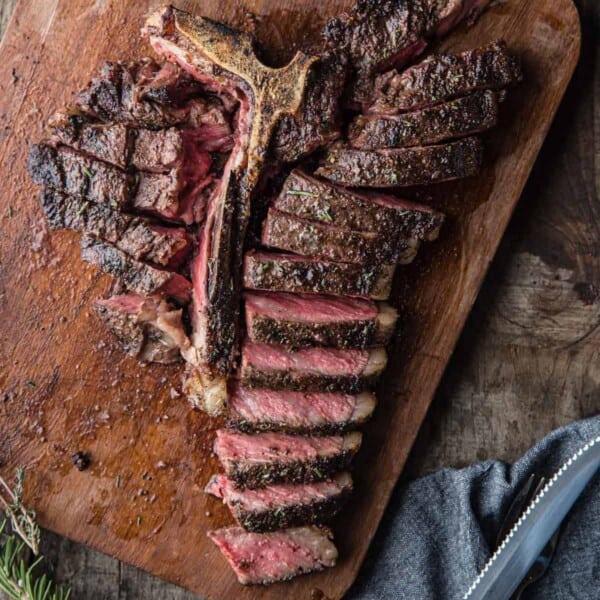
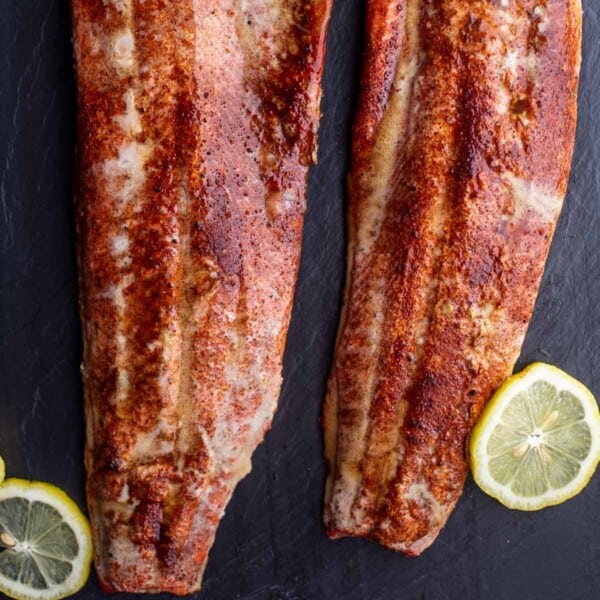
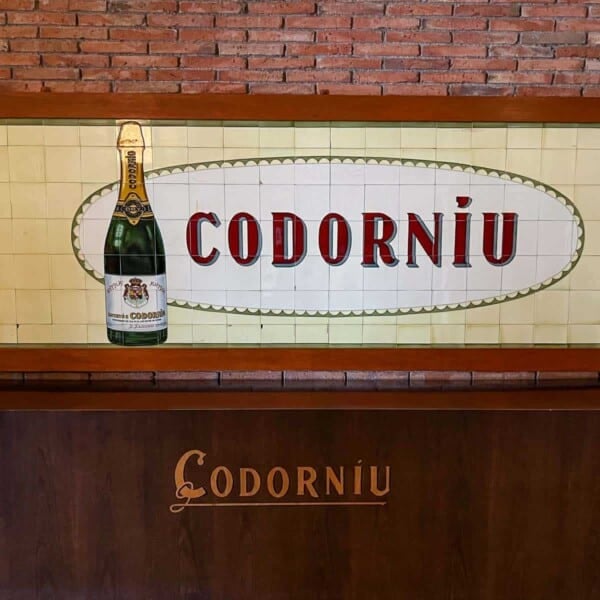
















They relate to print from the panel are not directly relevant to most of the bloggers that were in the room. And some of the comments were so print specific that it showed that they were not relating to blogging audience per se
Thanks